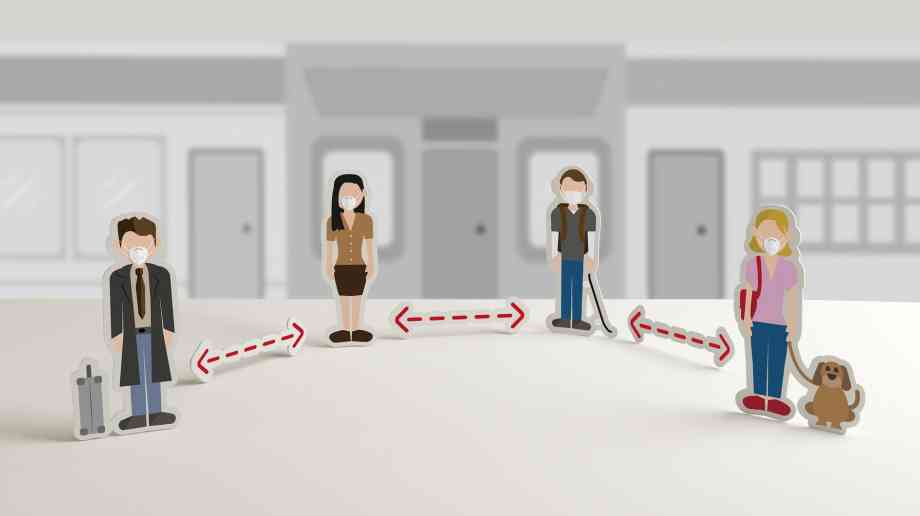Sue Robb of 4Children talks to Julie Laughton and Alison Britton from the Department for Education about the role of childminders in delivering the 30 hours free entitlement.
System failed to reach 800,000 shielding people

The government’s centrally-directed scheme to support those most vulnerable to coronavirus who were instructed to ‘shield’ at home suffered from the problems of poor data and a lack of joined up systems.
This is according to a new new report from the Public Accounts Committee, which claims that the government took too long to identify some clinically vulnerable people at a time when their need was urgent. In fact, according to MPs, up to 800,000 people may have ‘slipped through the net and missed out on much-needed support’.
The report also says that subsequent engagement with local health bodies across the country ‘introduced a postcode lottery’ with huge local variations in those added to the list of people eligible for government support. The PAC found that such lists grew by 15 per cent up to 352 per cent in different local authority areas, and more than doubled in 33 authorities.
Recognising that the government has learned lessons which have ‘fed into more recent iterations of shielding’, the committee stresses that the Ministry of Housing, Communities and Local Government must now ensure that local authorities ‘continue to have the capacity and resilience’ to support the needs of clinically extremely vulnerable people given the huge increase in people advised to shield in February 2021 from 2.2 million to 3.9 million people.
Meg Hillier, chair of the Public Accounts Committee, said: “The shielding response in the Covid pandemic has particularly exposed the high human cost of the lack of planning for shielding in pandemic planning scenarios. It also highlights the perennial issue of poor data and joined up policy systems.
“People were instructed to isolate, to protect themselves and others - but the cost of this protection was reduced access to living essentials like food, and an untold toll on the mental health and well-being of the already most vulnerable. There are questions still to be answered about the balance between central decision making and local knowledge – the increase in numbers of those advised to shield demonstrate the challenges of trying to deliver this programme centrally, as well as with the data held by the NHS.
“Plans were eventually, sensibly devolved to local authorities. There needs to be a clear plan ahead for those with serious health conditions so they can access the support they need when they have no other support network.”
Company Focus
The Isuzu D-Max is a rugged workhorse that can fulfil a myriad of purposes as both a business and personal vehicle. Consequently, the D-Max is a particularly popular choice when it comes to farming, construction, and trade industries. Uncompromising in nature, the D-Max strives to be the ideal companion for many business needs.
Event Diary
UKREiiF has quickly become a must-attend in the industry calendar for Government departments and local authorities.
The multi-award-winning UK Construction Week (UKCW), is the UK’s biggest trade event for the built environment that connects the whole supply chain to be the catalyst for growth and positive change in the industry.
Supplier Profiles
Geo Energy
At GeoEnergy Design, we're on a mission to disrupt the traditional way heating and cooling ha
Latest Features
Professor Harith Alani, director of the Knowledge Management Institute at the Open University explains how AI can be used for good and bad.
Alex Lawrence, head of health & social care, techUK sets out techUK’s Five Point Plan for CareTech.

















